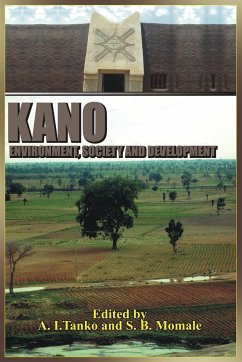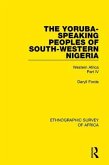Kano: Environment, Society and Development is a collection of research works on Kano and its environs. Though largely a rural economy, the region is known for its huge population, extensive landmass and abundant natural resources. As a richly endowed part of Nigeria, it is not surprising that it has attracted several scholarly studies on its physical and human environments, including the region's potential for leading the charge in the country's quest for economic development. Contributions in this volume cover a wide range of critical environmental, economic, political, demographic, cultural and health issues. The diversity of the themes explored attests to the complexity and breadth of the curriculum of contemporary academic studies of geography. The authors worked on the principle that there is a dynamic relationship between man and his environment and noted that in the Kano region, environmental resources play a great role in supporting and developing peoples' livelihoods. They also explored the complex pattern of relationships between the physical and human environmental resources utilised in the area. They equally interrogated the current policies and management of environmental resources in Nigeria, which are too frequently underpinned by a perspective that views African societies primarily as backward and lacking in livelihood sustainability.








